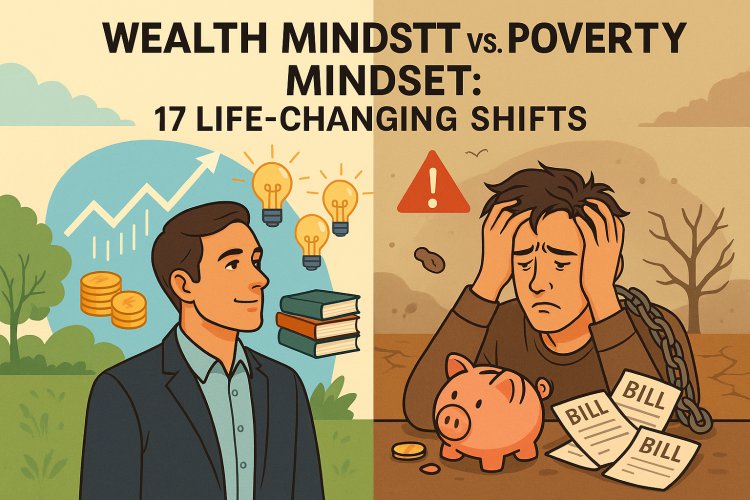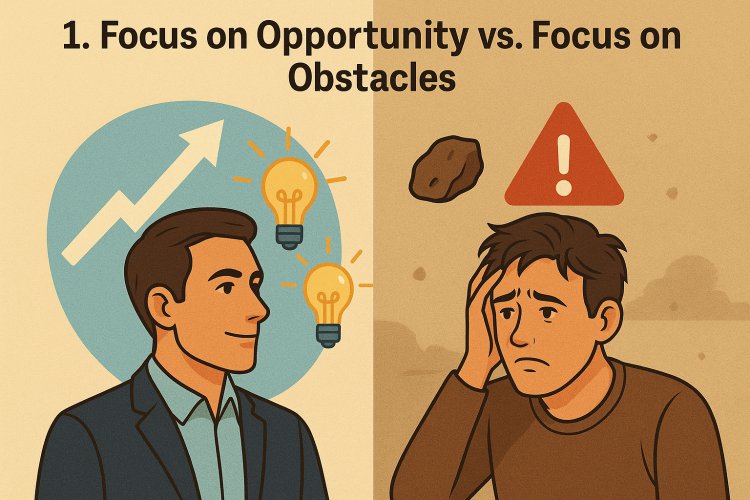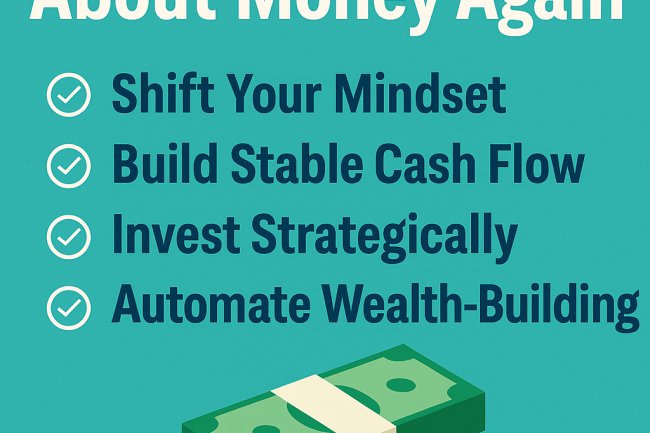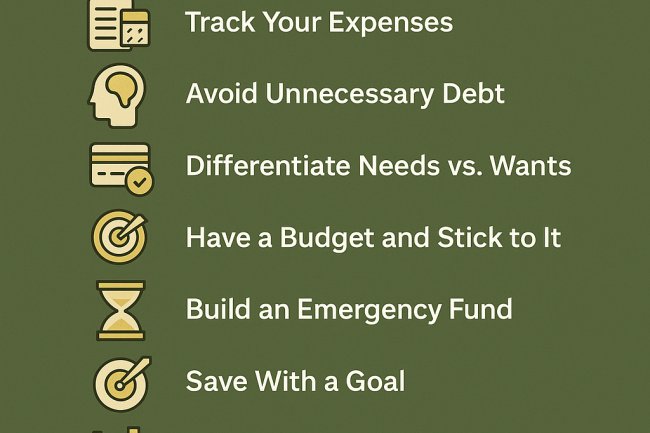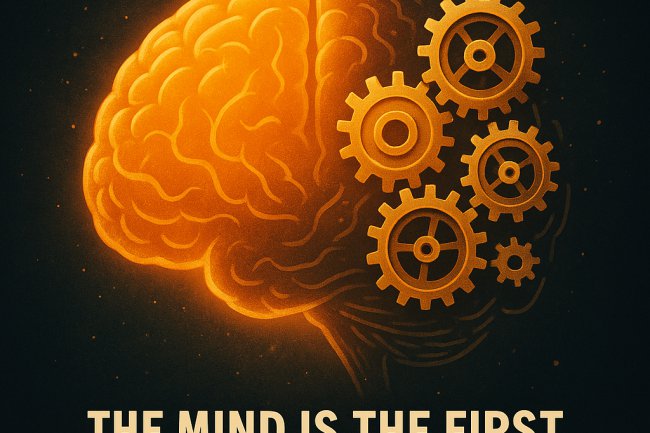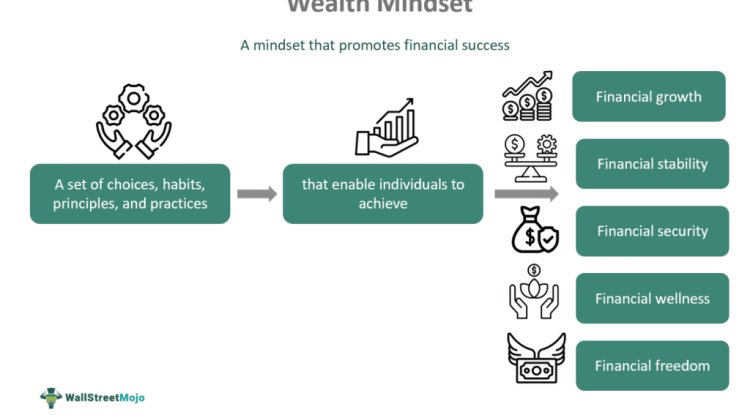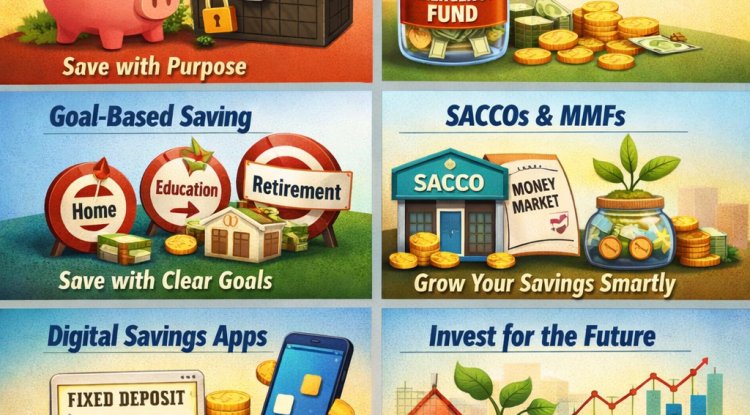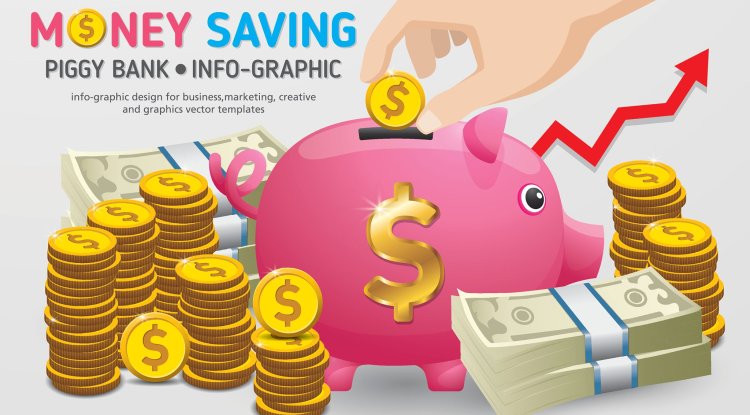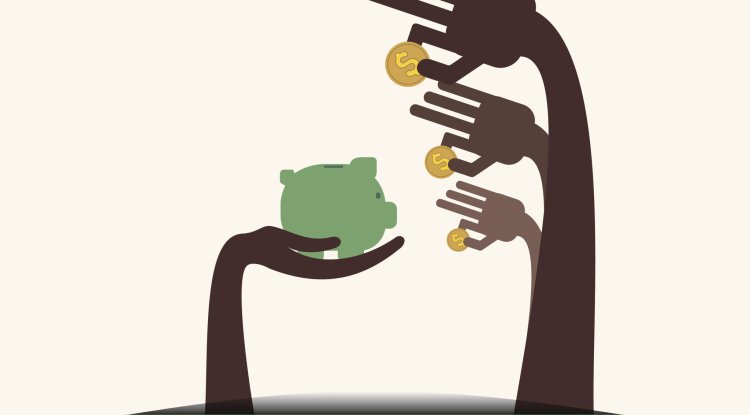The Wealth Divide: 17 Powerful Mindset Shifts That Separate the Rich from the Poor
Your mindset determines your money. This transformative article breaks down 17 key differences between a rich and poor mindset—from how each sees risk, time, learning, and wealth. Learn how to shift your thinking, take control of your finances, and build a prosperous life. A must-read for anyone serious about financial freedom.
“Your mindset is the invisible architecture of your life.”
The line that divides the rich from the poor is more than money—it's mental programming. Your thoughts, beliefs, and attitudes shape your financial destiny. If you've ever wondered why some people accumulate wealth while others remain trapped in cycles of financial struggle, the answer often lies in mindset—not luck or privilege alone.
In this comprehensive post, we’ll explore 17 profound mindset differences between the rich and the poor—and how shifting these paradigms can radically transform your financial future.
1. Ownership vs. Victimhood
Rich Mindset: “I am responsible for my results.”
Poor Mindset: “Life happens to me.”
Wealth builders take ownership. Even when things go wrong, they ask, What can I learn? What can I do differently? In contrast, those trapped in a poverty mindset often externalize blame—pointing at the government, parents, the economy, or bad luck.
Shift: Replace blame with responsibility. It empowers you to change your financial outcomes.
2. Opportunity vs. Scarcity
Rich Mindset: “There’s always a way to make more.”
Poor Mindset: “There’s never enough.”
Abundant thinkers see wealth as limitless. They believe opportunities are everywhere. Scarcity thinkers, however, believe money is finite—and fear others’ success diminishes theirs.
Shift: Practice abundance by celebrating others’ wins and seeking value creation.
3. Growth vs. Fixed Mindset
Rich Mindset: “Skills can be learned.”
Poor Mindset: “I’m not good with money.”
The rich constantly learn and evolve. They believe in self-improvement. The poor often cling to limiting identities—labeling themselves as “bad with numbers” or “just not business-minded.”
Shift: Read, learn, apply. Personal growth always precedes financial growth.
4. Investing vs. Spending
Rich Mindset: “Money is a tool to grow wealth.”
Poor Mindset: “Money is for buying things.”
The wealthy buy assets—stocks, businesses, real estate—that generate income. The poor buy liabilities—cars, gadgets, clothes—that depreciate.
Shift: Before every purchase, ask, Will this make me richer or poorer?
5. Long-Term Vision vs. Instant Gratification
Rich Mindset: “I sacrifice now to win later.”
Poor Mindset: “I want it now.”
Wealthy people delay pleasure for purpose. They understand the power of compound growth. Poor-minded individuals often seek immediate satisfaction—at the cost of long-term gain.
Shift: Budget with future goals in mind, not fleeting desires.
6. Earning Based on Value vs. Time
Rich Mindset: “I get paid for the value I bring.”
Poor Mindset: “I get paid for the hours I work.”
The rich build scalable systems—products, brands, and solutions. The poor rely only on linear income from jobs.
Shift: Develop high-value skills that solve problems and can earn beyond hourly limits.
7. Action vs. Paralysis
Rich Mindset: “Start now, improve later.”
Poor Mindset: “I’ll wait until everything is perfect.”
The rich understand that speed and progress matter more than perfection. Poor-mind individuals often overthink, overplan, and never start.
Shift: Start messy. Progress beats procrastination every time.
8. Risk Management vs. Fear Avoidance
Rich Mindset: “All reward involves some risk.”
Poor Mindset: “What if I lose everything?”
The wealthy learn to manage and calculate risks. The poor avoid them entirely, which ironically increases risk—of being stuck forever.
Shift: Learn about risk; don’t run from it. Take smart, educated bets.
9. Accountability vs. Excuses
Rich Mindset: “If I fail, it’s on me.”
Poor Mindset: “I couldn’t succeed because of XYZ.”
Excuse me, I feel safe. But accountability leads to growth.
Shift: Swap excuses for experiments. Ask: What’s in my control?
10. Wealth Education vs. Financial Illiteracy
Rich Mindset: “I need to understand money.”
Poor Mindset: “I’ll leave it to the experts.”
Wealthy individuals learn how to manage, multiply, and protect money. The poor avoid financial education and depend on others for decisions.
Shift: Make personal finance your second language. Read books, take courses, and ask questions.
11. Networking vs. Isolation
Rich Mindset: “My network is my net worth.”
Poor Mindset: “I don’t need people to succeed.”
The rich build value-based connections. The poor often isolate or only network when they need something.
Shift: Build relationships before you need them.
12. Discipline vs. Distraction
Rich Mindset: “I stay focused on the mission.”
Poor Mindset: “Let’s see what’s trending today.”
Financial growth requires consistency. Wealthy people schedule time to focus. Poor-minded individuals are reactive and distracted by social trends.
Shift: Guard your attention like you guard your money.
13. Teaching vs. Hiding
Rich Mindset: “Let me share what I’ve learned.”
Poor Mindset: “I don’t want to be judged.”
Teaching reinforces learning. Wealthy people share knowledge and uplift others. Poor mindsets often keep quiet out of fear or shame.
Shift: Share your journey—it builds confidence and opens doors.
14. Collaboration vs. Competition
Rich Mindset: “Let’s grow together.”
Poor Mindset: “I have to beat them.”
The wealthy form partnerships and build ecosystems. The poor see everyone as a rival.
Shift: Abundance thrives on unity, not envy.
15. Optimism vs. Cynicism
Rich Mindset: “Something great is coming.”
Poor Mindset: “Nothing ever works for people like me.”
Cynicism kills possibility. The rich believe in better outcomes—and so they work toward them.
Shift: Hope is not hype. It’s the fuel for effort.
16. Legacy vs. Survival
Rich Mindset: “I’m building for generations.”
Poor Mindset: “I just need to survive this month.”
While the poor struggle paycheck-to-paycheck, the rich think generationally—building systems that outlive them.
Shift: Think beyond today. What can you build that others can inherit?
17. Identity vs. Circumstance
Rich Mindset: “Wealth is who I am becoming.”
Poor Mindset: “I’m broke; that’s just how it is.”
Your identity determines your behavior. Rich-minded individuals define themselves as builders, learners, and investors. Poor-minded thinkers define themselves by lack.
✨ Shift: Start affirming the version of you that’s financially empowered.
Final Words: Your Financial Future Starts with a Thought
These 17 mindset shifts are life-changing tools, not just ideas. Don’t underestimate the power of internal transformation. As your mindset evolves, so will your habits, environment, and financial outcomes.
Start small. Pick 2–3 mindsets to focus on this week. Rewire your thinking. Surround yourself with those who speak the language of wealth. Because the truth is simple:
“You don’t get rich by chance. You get rich by change—starting in the mind.”
What mindset shift resonated most with you?
Save this post for future reference
Share it with someone on their financial journey
Follow @WealthInsightsGlobal for more daily tips
#WealthMindset #FinancialFreedom #MoneyHabits #MindsetShift #AbundanceThinking #RichVsPoor #BuildWealth #PersonalFinance #FinancialGrowth #SmartMoneyMoves
What's Your Reaction?







